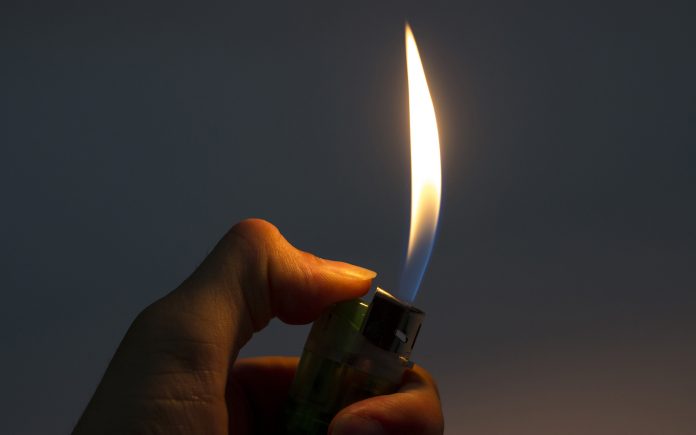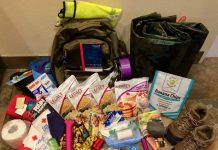Perhaps the single most important resource in a survival situation for someone to have is a lighter. While some might argue that a lighter is a bit of a scam and that a true survivor should start fires from scratch, when your life is really on the line, this claim does not really hold water. The Neanderthal method may be purer to start a fire, but it actually takes considerable ability and even some technical skill before you see the first smoke glimmer, and finally some life-saving flames.
A survival lighter is very lightweight, readily available, and provides someone in a life-or-death situation with an invaluable feature unexpectedly plunged into. For anyone deliberately searching out the world’s wild places, a powerful lighter is a solid gold. So to be as useful as possible for a lighter, it must be fairly resistant to the effects of wind and the elements, and give a steady flame that will not be blown out by a mere breeze. Storm-proof lighters give just that kind of protection, and survivalists around the world, many of whom carry two or more in the wild, are well known to.
Here are several ways in which a strong lighter survival in a real survival situation will make the difference between life and death.
Building fires for warmth
Especially in a cold climate, a person caught in the wilderness would need warmth. Any kind of shelter is important as protection from weather conditions, but it will also be vital to stay warm, and a fire will stave off frostbite or even worse harm in areas where the thermometer dips low at night.
Cooking food
Humans are able to survive without food for up to three weeks, but that doesn’t mean you can count on surviving that long between meals. Actually, the body begins to grow weaker even earlier than the three-week mark, which means that muscle coordination and even brain functions are weakened far sooner. Raw food may be palatable in a pinch, but cooking food often destroys potentially present germs and bacteria and will allow for a healthy consumption of foods that are not common components of the human diet.
Related: Stockpile This for the Next Earthquake
Protection against wild animals
Fire may be important protection for the survivalist in an environment where predators can live. Wild animals have a strong aversion to flames, many of whom have seen the destruction that wildfires are capable of, and do not approach a campsite where a raging fire is burning. It implies, of course, that the fire must be maintained if there is a reported presence of these animals, and that a constant supply of fuel must be obtained, but fire will help here, too. Carrying a burning piece of wood along when you’re searching for supplies of wood would encourage most animals to stay away.


BOILING WATERWORKS JUST FINE TO KILL OFF ANYTHING NASTY IN YOUR WATER SUPPLY.
Water purification
There are, of course, other forms of purification methods than boiling water water, for example, portable purifiers and water bottles with purification devices, but if you happen to be caught without any of these, then boiling water only works fine to kill off anything nasty in your water supply. So it goes without saying that you have to find a source of water, because without it, humans can not survive more than three days. As with food though, the three-day deadline is an extreme example, and body functions can start to fail even earlier than that without taking in sufficient water.
Mini survival kit


For all those benefits mentioned above, a survival lighter can be made to have far greater value than its single, intended lighting fire feature. Anyone who has time to plan a stay in the wild can dress up a lighter to be much more useful than a pure fire starter.
In a case of survival, covering your lighter with duct tape can pay nice dividends as there are hundreds of applications that duct tape can come in handy. Add some fishhooks to one side of the lighter after taping the lighter, and some sewing needles to the other side, to make yourself a tiny toolkit of things that can help with other survival aspects.
Finally, tie a long strand, maybe 20-lb, of heavy fishing line, t est line, all around the lighter to provide a means for fishing or improvised trapping, and also for fixing equipment. By adding these extra survival aids all on one simple tool, the survival lighter becomes even more useful as a way to keep you alive in a hostile situation.





















